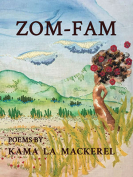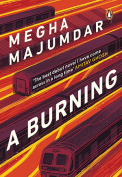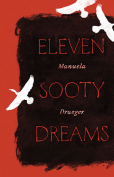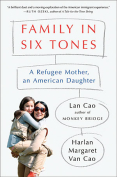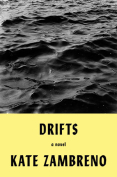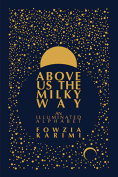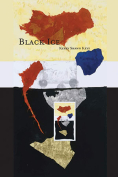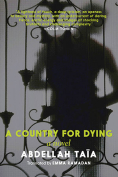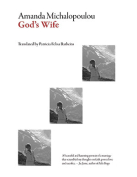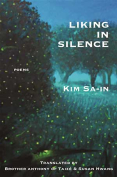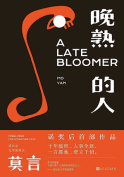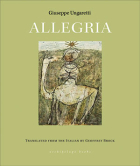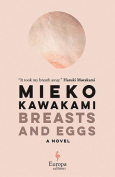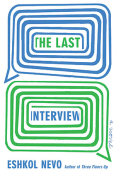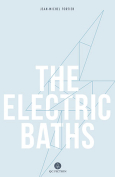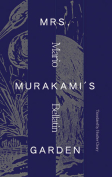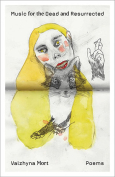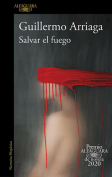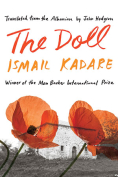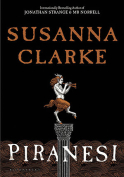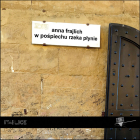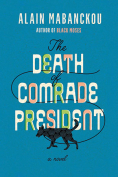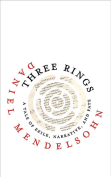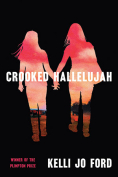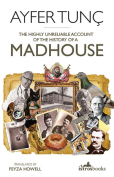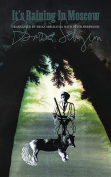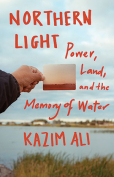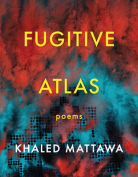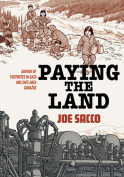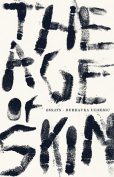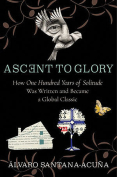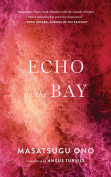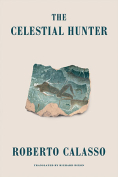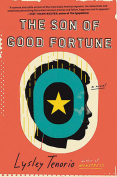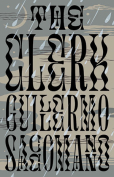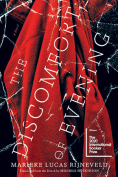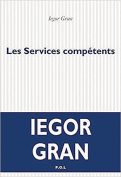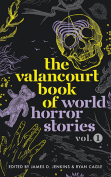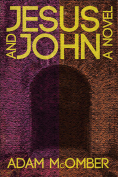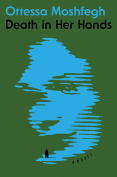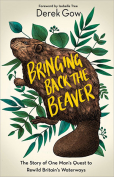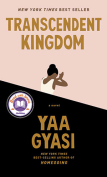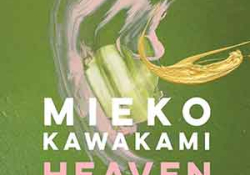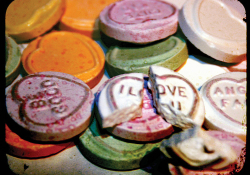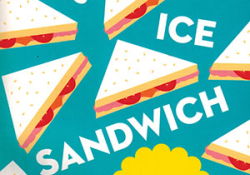Breasts and Eggs by Mieko Kawakami
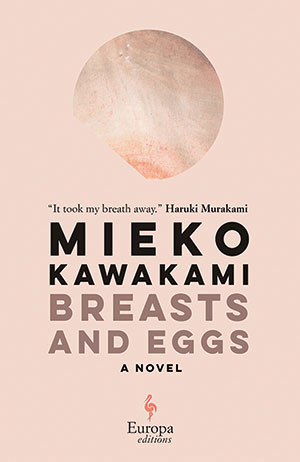 New York. Europa Editions. 2020. 448 pages.
New York. Europa Editions. 2020. 448 pages.
READERS OF THE WORK under review might be forgiven for thinking that they were enjoying Kawakami Mieko’s (b. 1976) Breasts and Eggs, a novella first published in 2008. The hundred-page work won the Akutagawa Prize, securing, thereby, a stamp of legitimacy for the singer-turned-author. That version of Breasts and Eggs offered a focused window into the life of the narrator/protagonist as a provocative rumination on womanhood. The breasts, as markers of sexualized desirability, were those of her elder sister, about to be augmented. The eggs were those of her niece, just entering the flower of womanhood and full of uncertainty. The protagonist, Natsume Natsuko—in all senses in between these two women—offers cogent commentary on their emotional struggles. It was a powerful tale. Be forewarned: the novel under review, coming in at over four hundred pages, is not that novella.
In 2019 Kawakami published Natsu monogatari (literally “Summer stories” but translated here as Breasts and Eggs). A substantially reworked version—and that is being generous—of her novella now forms the first third of this Breasts and Eggs (“Book 1”). To that is added a significantly longer section (“Book 2”) exploring Natsuko’s relationship to the notion of pregnancy and sperm donation. Book 1 hews fairly closely—although there are obvious sections where Kawakami sought to gild the lily—to the 2008 novella, but those additions do nothing to facilitate the connection to book 2 and, consequently, feel superfluous.
The second book reconnects with Natsuko a decade later as she struggles to understand the ramifications of sperm donation in a nation that is intractably wedded to the notion that blood relations are sacrosanct, and everything else is inconsequential. This frustrating national obsession with propinquity is, in point of fact, a topic well worth exploring, and, for the record, Kawakami’s work is reasonably successful in problematizing this myopia. I found myself furious with the sheer narrow-mindedness of the constant privileging of blood—children who are not told of their sperm-donor origins cannot find their “true” fathers, for example—and cheered by Natsuko’s refreshingly practical approach to this seemingly insurmountable problem. In that sense, I was invested in the story and the characters who populate it; however, the rushed ending, reminiscent of a deus ex machina, effectively undid all the good work done to that point by neatly packaging Natsuko’s ultimate decision in a context that was far too close to the norm to support the radical agenda that formed the bulk of the narrative. That is a shame, for the subject is deeply important and worthy of exploration.
Although the logic of some translation decisions is opaque—why use object instead of subject pronouns? why translate some terms and not others? why use colloquialisms that make Natsuko sound younger than her late thirties?—those mysteries generally do not get in the way of the translation, which is smooth and quite readable. That fluidness, though, is not enough to save this work. Breasts and Eggs reads like nothing so much as two novels clumsily grafted together. The transparent attempt to link the two, coming near the end of the book, makes manifest the large, ugly stitches by which the amalgam is cobbled together in this Frankenstein novel. Book 2 could have stood on its own. Had it, it would not have detracted from what was a perfectly sufficient—indeed, exquisite—work, well deserving of a prize recognizing a rising talent.
Erik R. Lofgren
Bucknell University
